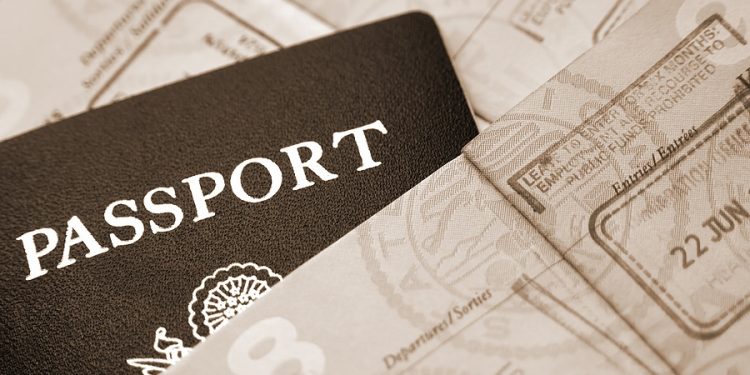

This guide explains what you need to know about entry requirements when you are visiting Mexico for leisure, for business, or to take up residency here.
Passport holders from countries on Mexico’s no visa required list do not need to apply for a formal visa to visit Mexico. They may, instead, use a visitor’s permit, known as a FMM ( Forma Migratoria Multiple ).
For the countries that don’t need a visa, a Mexico Visitor’s Permit (FMM) is issued in place of a visa. Learn more about Mexico’s visitor permit, the FMM.
When you enter Mexico as tourist or business visitor, the immigration official at the port of entry will grant you a number of days stay in Mexico and write this on your visitor permit. This will be a maximum of 180 days; but it may be less than 180 days.
Check to see how many days you are granted to determine your exit date.
Learn more about the number of days being granted to people arriving in Mexico under the auspice of a visitor permit, FMM.
The Visitor Permit (FMM) will always expire after the number of days written on the permit: it cannot be extended beyond the number of days the immigration official grants when you arrive in Mexico, even if this is less than the maximum allowance of 180 days; and cannot be renewed. You must leave the country before it expires.
Regardless of whether you come to Mexico for leisure, for business or to take up residency here, take note of the following:
For a summary of the documentation required to enter Mexico, see Documents required for travel and entry to Mexico
Minors traveling to Mexico alone, or unaccompanied by at least one parent or their legal guardian: Read Traveling with Minors to Mexico.
The maximum period of time that a visitor/tourist may stay in Mexico under the auspice of a visitor permit (FMM, see above) is six months.
Therefore we recommend that your passport, regardless of country of origin, should be valid for a minimum period of six months, however long you intend to stay to avoid any potential problems at the port of entry.
Immigration authorities at the port of entry may allow or deny entry of any person into Mexico. If you have a passport that is valid for less than six months and you intend to stay in Mexico for a short period of time —perhaps a vacation— the Immigration Officer might allow you entry, especially if you can show a return air ticket.
Notwithstanding this, we recommend that you and your family members hold passports valid for at least six months from the date you intend to enter Mexico.
U.S. passport cards are less expensive than passport books and can be used by U.S. citizens who cross the border between the United States and Mexico by land or sea. These look like a driver’s license, and are more robust and less bulky than a passport book. You can learn more about Passport Cards on this page of the US State Department web site. If you are a holder of a U.S. Passport Card, please note that this is NOT valid for air travel to Mexico. Passport Cards can only be used to cross the border between the United States and Mexico by land or sea ports. A passport is required for air travel to and from the the United States.
In January 2009 the United States government introduced new rules for travelers entering the country using the Visa Waiver Program (US State Dept).
See Also: Travel to Mexico via the USA
If you are traveling on a cruise ship that visits Mexico, you will be asked to complete a Visitors Permit/FMM (see information above) at your first Mexican port-of-call. This permit will be valid for a maximum of 21 days. Ask your cruise company for details.
As of February 2004 foreigners passing through one of Mexico’s international airports to a third country no longer require a visa or any migratory documentation, provided that they remain at the airport and depart Mexico within 24 hours of arrival.
See Also: Entry Procedure at Mexican Ports
Mexico welcomes business visitors and makes the immigration procedure for short visits straightforward by means of a special section on the Visitor’s Permit described above.
If you are traveling on business, or representing a company to conduct business in Mexico, and you hold a passport from a country on Mexico’s “no visa required list” you do not need to apply for a formal visa to visit Mexico. You can, instead, use a visitor’s permit—the same entry permit and procedures used by tourists to enter Mexico (see section above for full details).
If the country you hold a passport for does not appear on the no-visa list, you should check with your nearest local Mexican Consulate for details of visa requirements before you travel to Mexico.
If you plan to work or live in Mexico longer periods (more than 180 days), you will need to apply for a business visit visa.
This visa enables the visitor to live, work and do business in Mexico, provided that certain criteria are satisfied. You can get more detailed information about long-term living and working permits on Mexperience by connecting to the Immigration Page that contains lots of information and advice about living and working in Mexico.
See also: Working in Mexico
People wishing to travel to Mexico to live, work, or retire must meet certain criteria to do so. Mexperience has comprehensive sections of information dedicated to these topics of interest:
Our guide to Mexico Visas and Immigration page gives an overview of the requirements for temporary and permanent residency in Mexico. Also see the regularly-updated Mexico Immigration FAQs page for the most-commonly asked questions about immigration to Mexico.
The entry procedure will vary depending on where you arrive in Mexico and whether you arrive as a visitor or as resident.
See also: Procedures for Entering and Leaving Mexico
Like all countries, Mexico has policies on what can be brought in to the country without paying duties or taxes.
Allowances are subject to change without notice, but listed below are the principal items followed by some tips about entry to Mexico.
Please Note: Refer to the Mexican Customs web site for full details about customs allowances as these limits are subject to change with little or no notice .
MEXICAN CUSTOMS: TIPS & ADVICE FOR TRAVELERS
Bringing prescription drugs to Mexico: You are allowed to bring prescription drugs into Mexico provided that you have the accompanying documentation which proves a medical need. If you or a member of your family are taking prescription drugs, be sure to take the prescription/doctor’s note with you, which includes the patient’s name and the name of the medication(s) to prove medical need of the drugs you are carrying in case your luggage gets inspected.
Don’t bring firearms or ammunition! A foreign firearms license is not valid in Mexico ; if you own a gun, don’t take it to Mexico with you and don’t bring any ammunition with you either. The only exception is a firearm and ammunition used for hunting purposes; but you will need to apply for a special permit – contact your local Mexican Consulate. Being in possession of lethal knives, firearms of all types, and even a single round of ammunition is a Federal crime in Mexico: caught in possession of a firearm can land you in very serious trouble—even if you have a license for it that was issued in your home country.
See Also: Mexico’s Strict Gun Laws
Type and quantity of items : Don’t bring anything that obviously looks like you’re planning to resell goods; for example, several laptop computers. These items will get heavily taxed or confiscated. Items for personal use will be allowed, new or used, but only in quantities that are commensurate with the definition of ‘personal use.’ If you are carrying large quantities of anything, or if the Customs Inspector believes you are trying to commercialize any of the goods you are carrying, then you may be interviewed further.
Drug smuggling: Every year, foreign nationals are arrested and convicted for drug smuggling in Mexico. Don’t attempt to smuggle any narcotics – not even small amounts of ‘soft’ drugs, e.g. cannabis/marijuana. You may be required to present documentary evidence for any powerful prescription drugs you need to carry on your person (i.e. doctor’s prescription, see note above about prescription drugs.) Narcotic offenses (use of, import, export, dealing) are likely to land you in a Mexican prison for many years. Don’t expect your consulate to bail you out because it won’t be able to. 20-25 year prison sentences for drug and serious firearm-related offenses are not uncommon in Mexico.
Customs allowances into your home country will depend on where you live.
If you are planning to do a lot of shopping in Mexico, you should check at the information desk at (air)port of departure in your home country for the latest duty-free allowances.
Most goods classed as art and craft work are free of import taxes and you can bring as many home as many as you like, provided the quantities would be considered ‘for personal enjoyment’. Check with your local port/customs authorities for details.
The following items are are typical of duty-free allowances in many countries:
There are some procedures to follow when you depart Mexico, whether you are a visitor, or resident here:
If you are in Mexico as a tourist/visitor: When you leave Mexico, you will need to show your visitor permit you were issued with when you arrived.
See also: Your Mexico Visitors Permit, FMM
If you are resident in Mexico be sure to the immigration desk at the airport or land border to show your residency card and get passport stamped before you leave the country.
See also: Procedures for entering and leaving Mexico
Foreign nationals may be able to get assistance from their country’s consulate. Read our article about seeking consular assistance in Mexico for further details.
Mexico in your inbox
Our free newsletter about Mexico brings you a monthly round-up of recently published stories and opportunities, as well as gems from our archives.
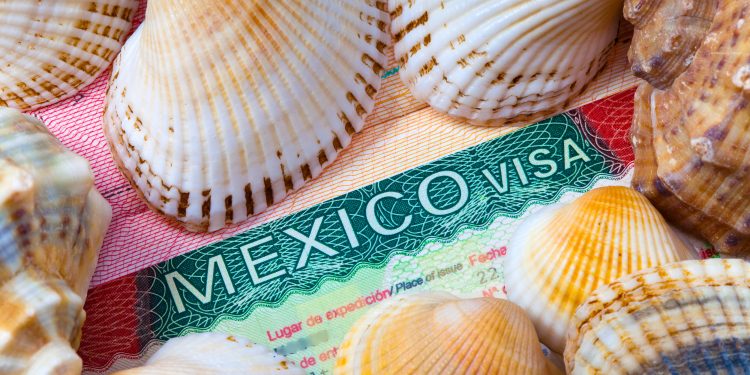
Do you need a visa to visit Mexico? This article explains who —and who does not— need to apply.

These are the most frequently-asked questions we receive in relation to Mexico's visitor visas, and the visitor permit—updated regularly

Discover answers to common questions about time limits as well as exit/entry rules for Mexico visitor visas and residency.
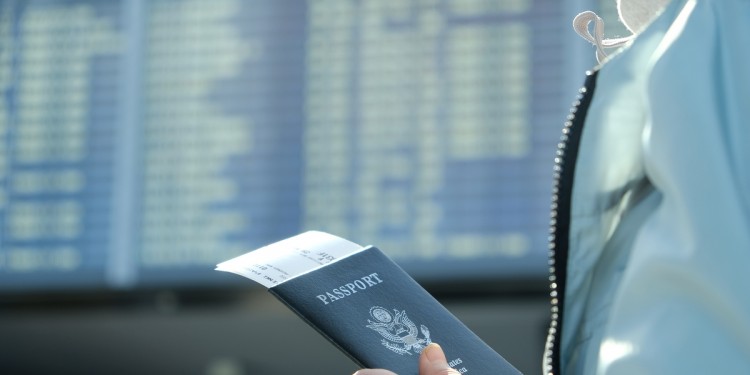
A reminder about the documentation that is required for travel and entry to Mexico whether you are visiting or.

There are some straightforward paperwork procedures to engage with when you arrive to, and depart from, Mexico. This.

You can use a visitor permit to volunteer in Mexico provided the work is non-lucrative. This article describes what.
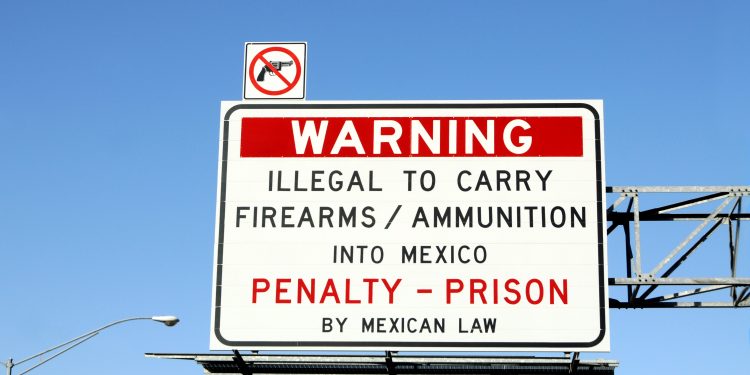
Mexico’s gun laws are similar to those in countries like the United Kingdom that do not allow possession of.
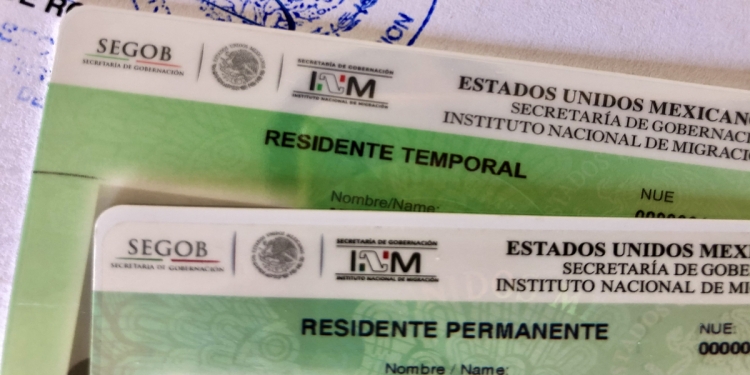
This article describes principal routes foreigners take to apply for legal residency in Mexico, with references to additional information.

Our associates provide advice to apply for residency in Mexico and practical assistance as you make your way through.

Foreign Consulates in Mexico provide a range of support services to their citizens, but there are limitations to the.
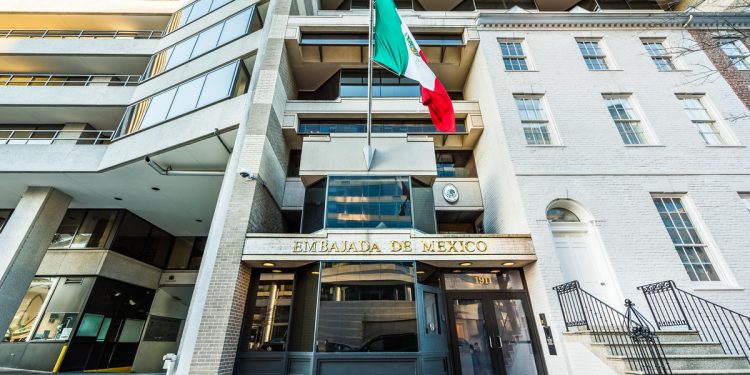
Directory and details of Mexican Consulates situated around the world